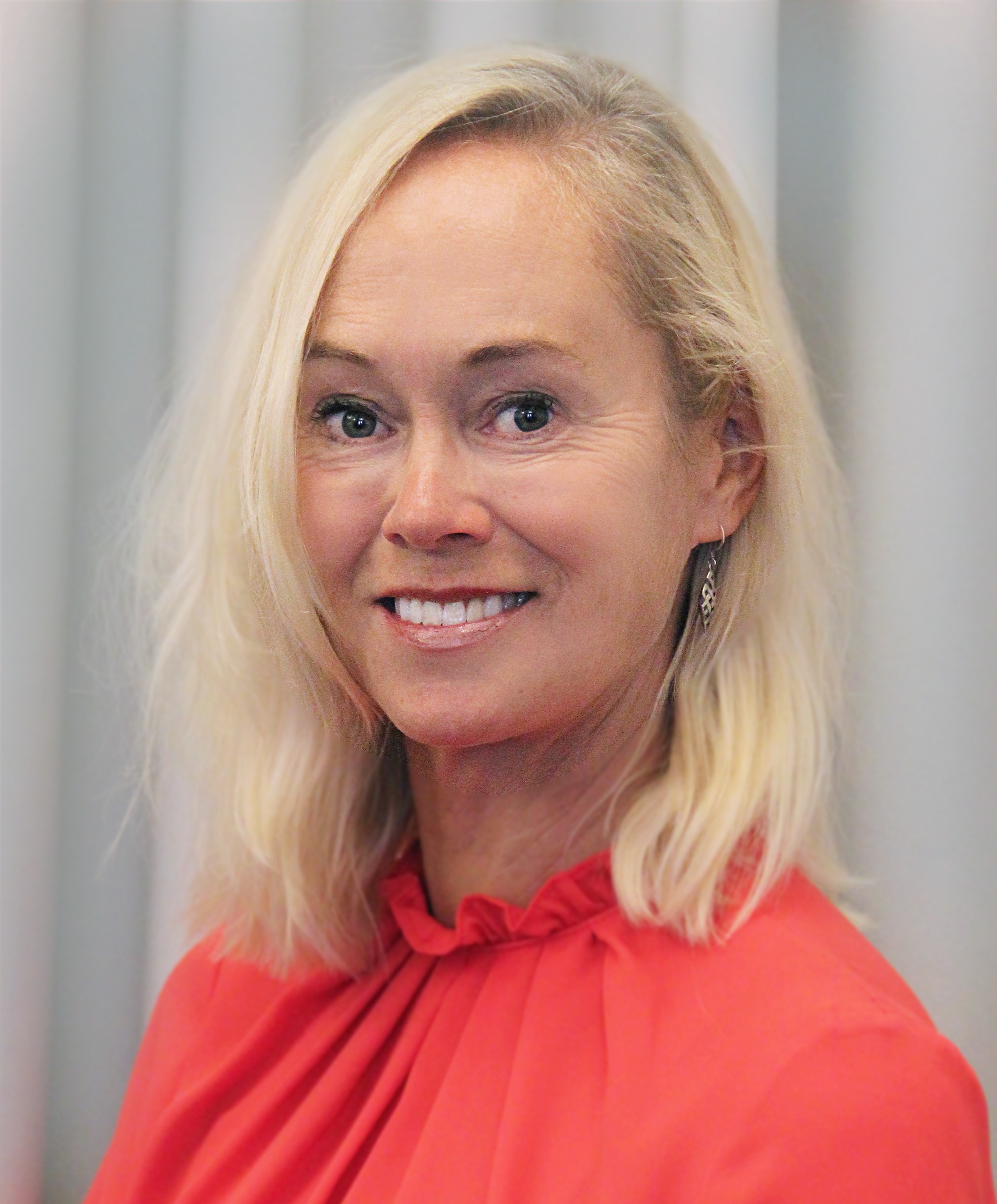PERSPECTIVES
Within the framework of an interdisciplinary context, the cycle of the loggerhead sea turtle has been analyzed, from its birth to its death, focused on its interaction with plastic waste, including a study of the analysis of its presence on some beaches on the coast. The results indicate the presence of these residues in the first contacts of the sea turtle since it is born. Likewise, samples of plastics ingested by loggerhead turtles have been analyzed, with PE being the majority. Finally, it should be noted that the behavior of captive specimens of the CRAM indicated a greater curiosity towards light colors, these being also the majority in the samples collected.
This is how I came up with the idea for this project:The motivation for this work comes from my curiosity to know the effect of waste in the marine environment, especially on loggerhead turtles, animals resident in the Mediterranean Sea, where the plastics that reach the seas can cause genetic and physiological changes , and death by these animals.
The loggerhead sea turtle as a bioindicator in the Mediterranean SeaSea turtles are a bioindicator of the state of pollution of the seas. The high percentages of plastic remains inside indicate that the sea contains a large amount of plastic waste, which influences not only marine life, but the lives of all inhabitants of the planet, whether due to the consumption of marine products and for the water cycle. Also, the sea produces more than half of the oxygen breathed on the planet, and a poor state of the seas produces a generalized poor state that influences all living beings. According to a 2019 study by the Marine Zoology Unit (MZU) of the Cavanilles Institute of Biodiversity and Evolutionary Biology that quantified the intake of marine debris in loggerhead turtles collected over 20 years (1995-2016) in Western Mediterranean waters. Almost any element can be considered as potential prey for the loggerhead sea turtle, which makes it an "excellent candidate" for monitoring sea litter.

Programme manager ania.andersch@siwi.org +46 8 121 360 59